Imagine that your government made your dialect the official language of your country (instead of MSA). It would have a new, standardized spelling system and grammar rules and be used in newspapers and books. What is your opinion?
This is part four in the series “Arabs Say…” featuring Arabic speakers from around the Arab world who gives their views on their language and how it is used today. Of course, we should keep in mind that these are personal views and do not represent the views of everyone in their countries. Still, we can learn a lot about the overall linguistic situation and some commonalities and regional differences.
I honestly would not like the idea. I think MSA is a great language with a lot of rules on its own that we Arabs don't master 100%. If Darija became the official language with standardized spelling and grammar rules, it would make it harder for us to focus on other languages' rules, especially since we already study Arabic, French and English in schools.
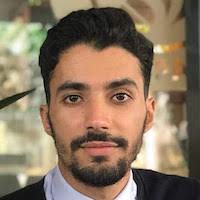
I honestly would not like the idea. I think MSA is a great language with a lot of rules on its own that we Arabs don't master 100%. If Darija became the official language with standardized spelling and grammar rules, it would make it harder for us to focus on other languages' rules, especially since we already study Arabic, French and English in schools.

I think it would be a great move. It would differentiate us and give us a unique identity, but it requires time and professional linguists that can create and establish rules to have a flexible language. Also, it would be very hard because most of the school syllabus is in French and Standard Arabic, and we would need intellectuals and elite to write and translate books into the Tunisian dialect.
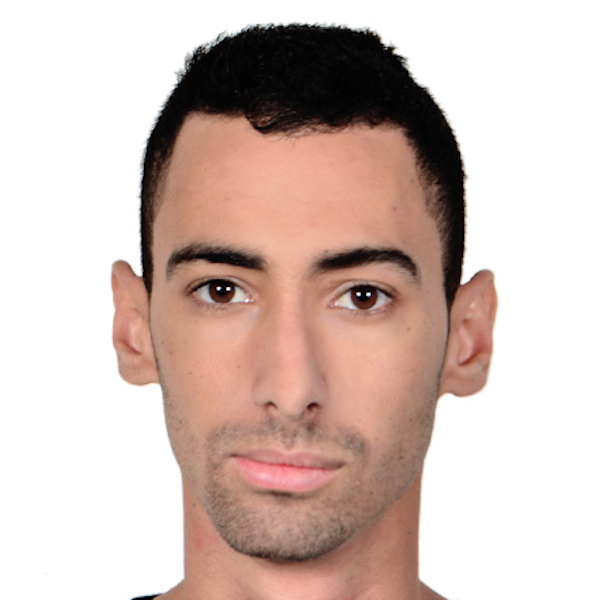
I think it would be a great move. It would differentiate us and give us a unique identity, but it requires time and professional linguists that can create and establish rules to have a flexible language. Also, it would be very hard because most of the school syllabus is in French and Standard Arabic, and we would need intellectuals and elite to write and translate books into the Tunisian dialect.

I don't think that would make sense because as much as people within the country use their own dialects, we still need to be aware and get educated with the formal language so as to fit smoothly into other cultures, and it increases individuals’ probability of getting jobs outside of their own homeland.
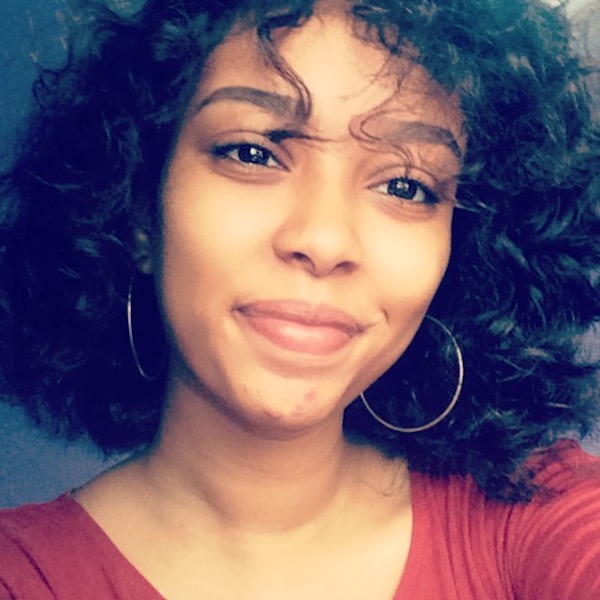
I don't think that would make sense because as much as people within the country use their own dialects, we still need to be aware and get educated with the formal language so as to fit smoothly into other cultures, and it increases individuals’ probability of getting jobs outside of their own homeland.

If it is going to be the official language, I think we should then give due care to punctuation issues and we should not use Franco Arabic*. We shouldn't use slang words. However, I don't support this because I think that MSA should remain the official language. We should be proud of our authentic Arabic language. It is our language that all Arabs can understand each other using. (*Latin characters and numbers to represent Arabic)
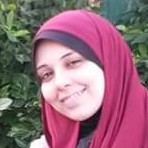
If it is going to be the official language, I think we should then give due care to punctuation issues and we should not use Franco Arabic*. We shouldn't use slang words. However, I don't support this because I think that MSA should remain the official language. We should be proud of our authentic Arabic language. It is our language that all Arabs can understand each other using. (*Latin characters and numbers to represent Arabic)

I'm not for this at all. First, it has no base to back to it. Some people may write the same word with different spellings, and some people coin new words daily and start using them, so it's uncontrollable.

I'm not for this at all. First, it has no base to back to it. Some people may write the same word with different spellings, and some people coin new words daily and start using them, so it's uncontrollable.

I think such change could lead to horrible corruption and misunderstandings to the contexts and concepts of both MSA and the Palestinian local dialect. It's really important to say that we are proud to be part of the Arab World and, of course, MSA.
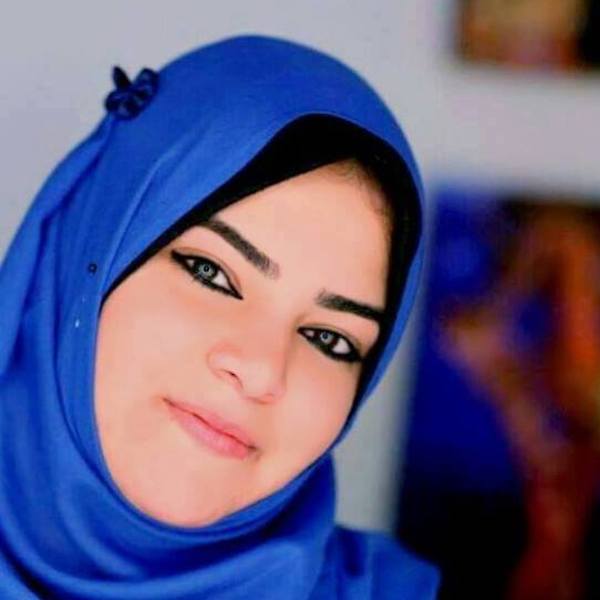
I think such change could lead to horrible corruption and misunderstandings to the contexts and concepts of both MSA and the Palestinian local dialect. It's really important to say that we are proud to be part of the Arab World and, of course, MSA.

I don’t like this idea. The standard Arabic language has its own beauty and creativity. When you explore poems that are written in Arabic, you will find it so amazing compared to poems in any other language. There are many meaningful and creative words that convey exact details and beauty. MSA is way more professional than unofficial dialects.
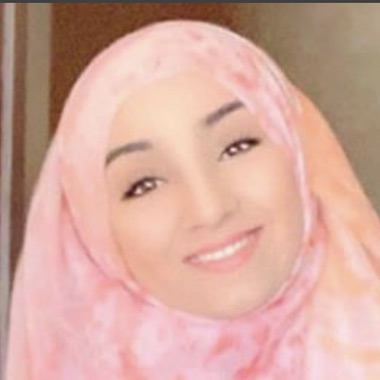
I don’t like this idea. The standard Arabic language has its own beauty and creativity. When you explore poems that are written in Arabic, you will find it so amazing compared to poems in any other language. There are many meaningful and creative words that convey exact details and beauty. MSA is way more professional than unofficial dialects.

Personally, I wouldn't like this idea. I think newspapers, books, and the news should reflect a smart and formal speech and to achieve that, using MSA is better. Moreover, from a marketing perspective, books, newspapers, and news reaching other Arab countries is important. Using the Lebanese dialect might make it more difficult. MSA is used as a lingua franca among Arabs from different countries who might not understand each other if they spoke their dialect.

Personally, I wouldn't like this idea. I think newspapers, books, and the news should reflect a smart and formal speech and to achieve that, using MSA is better. Moreover, from a marketing perspective, books, newspapers, and news reaching other Arab countries is important. Using the Lebanese dialect might make it more difficult. MSA is used as a lingua franca among Arabs from different countries who might not understand each other if they spoke their dialect.

I am against this for several reasons: 1) People are already forgetting the Official Literary Arabic and use various dialects in their life, so a decision like this would destroy the mother language, and that means it would destroy our civilization. 2) Forgetting Literary Arabic means forgetting our Islamic religion because the sources of Islam are Quran and Sunna, and these sources are written in Literary Arabic, so if we need to understand Islam, we have to know Literary Arabic. 3) Forgetting Literary Arabic means forgetting and losing a huge amount of various sources of culture and science in all fields which are written in Literary Arabic. 4) Forgetting Literary Arabic means forgetting and losing our history. 5) Forgetting Literary Arabic will make our association with other Arab countries weak, as the language is one of our common factors.
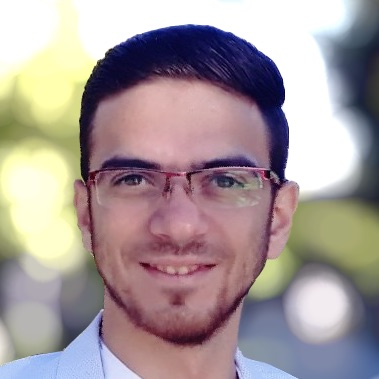
I am against this for several reasons: 1) People are already forgetting the Official Literary Arabic and use various dialects in their life, so a decision like this would destroy the mother language, and that means it would destroy our civilization. 2) Forgetting Literary Arabic means forgetting our Islamic religion because the sources of Islam are Quran and Sunna, and these sources are written in Literary Arabic, so if we need to understand Islam, we have to know Literary Arabic. 3) Forgetting Literary Arabic means forgetting and losing a huge amount of various sources of culture and science in all fields which are written in Literary Arabic. 4) Forgetting Literary Arabic means forgetting and losing our history. 5) Forgetting Literary Arabic will make our association with other Arab countries weak, as the language is one of our common factors.

Well, in my opinion, it wouldn't make a huge difference since the countries of the Gulf area have dialects that are the closest to MSA. It would be interesting but wouldn't be a huge change.
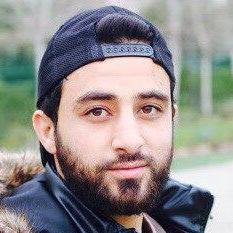
Well, in my opinion, it wouldn't make a huge difference since the countries of the Gulf area have dialects that are the closest to MSA. It would be interesting but wouldn't be a huge change.

If it were changed, the spelling would not change at all because Arabic is a language that is based on sounds. That means we write what we hear. For example, we write the word بحر just like it sounds, without any unnecessary letters, whereas in English, for example, the word 'queue', has five letters but you only pronounce two. As for the grammar, there will be no standardized grammar because the dialect is mostly irregular. But if it were used, people from other Arabic countries would not be able to completely understand it, so I prefer the standard Arabic to be used.
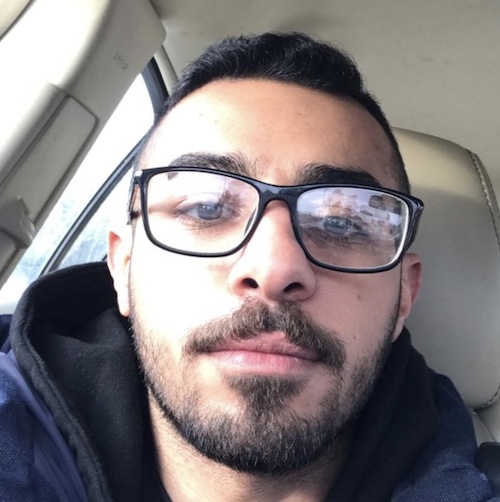
If it were changed, the spelling would not change at all because Arabic is a language that is based on sounds. That means we write what we hear. For example, we write the word بحر just like it sounds, without any unnecessary letters, whereas in English, for example, the word 'queue', has five letters but you only pronounce two. As for the grammar, there will be no standardized grammar because the dialect is mostly irregular. But if it were used, people from other Arabic countries would not be able to completely understand it, so I prefer the standard Arabic to be used.

Absolutely not! The official language is MSA. It may be described as holy even. Arabic is sacred; it's the language of our holy book and religion, so changing it is not an option.
While the grammar of MSA and vocabulary is much harder than colloquial, we Arabs are nothing without MSA.

Absolutely not! The official language is MSA. It may be described as holy even. Arabic is sacred; it's the language of our holy book and religion, so changing it is not an option.
While the grammar of MSA and vocabulary is much harder than colloquial, we Arabs are nothing without MSA.


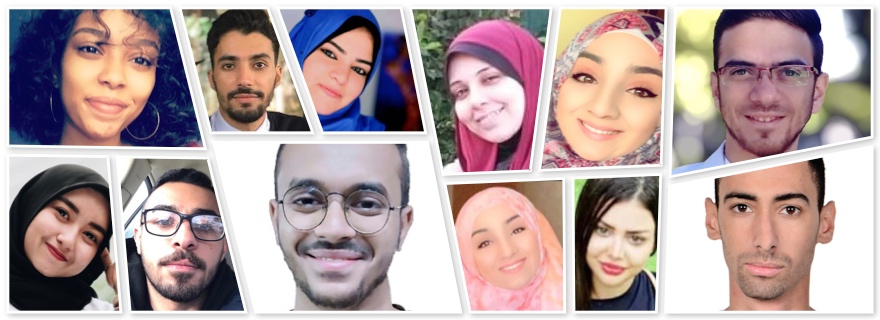
I am not a native Arabic speaker, but when I was taught Arabic there was the constant discussion of whether or not they should stop teaching us MSA and just teach us dialects pertaining to the specific countries we would be working with. The main argument against this was that MSA is still the official languages of these countries and therefore it is still important. But, in my opinion, MSA is more important than the dialects as it provides the fundamental basis for learning Arabic and its subsequent dialects. I am currently trained in 5 different Arabic dialects, and I can honestly say that I would have found my learning much harder had I not been taught MSA. If dialects were made the official language of the respective countries the communication would become a lot more difficult, as where do you draw the line? Within countries there are numerous different regional dialects, so how do you choose the specific one to make official. At least with MSA being the official language, it simplifies communication between countries who may not speak the dialects, but it is also more holistic and unifies the country – especially seen as it is the language of the holy book. So, to make dialects the official language of their country would be, in my opinion, a mistake.
well said.
Agreed. Children learn their dialects first and learn MSA later in school. Which is why I support learning Arabic that way versus attempting to learn MSA as a non native speaker first. But I do agree that MSA should be the standard in terms of official language. It unifies and simplifies all the Arabic speaking countries in a way regional dialects simply can’t.
There are cultural and more purely linguistic elements to this that it might be important to keep in mind.
1. There is no such thing as a language that is objectively more beautiful than another. Some people may love Literary Arabic poetry, and that’s great, but that doesn’t mean it’s objectively beautiful. Someone might not really enjoy Literary Arabic poetry and that’s OK, too. It doesn’t mean Literary Arabic isn’t beautiful.
2. What we think of as smart or official or professional language is just a matter of our ideas. People already speak in dialectal Arabic in more formal/educated situations. Just because they might use a word or five from MSA doesn’t mean they’re speaking MSA (70% of English vocabulary, especially in the sciences and abstract concepts, is from Norman French, but we don’t say we’re speaking French) and using their dialect doesn’t mean they forget or don’t have access to scientific words (look how much Latin and Greek in used in scientific vocabulary in Indo-European languages).
3. Every standardized human language starts out unstandardized and becomes standardized over time, but that “standard” is a moving target, because all living languages change and evolve and, to a degree, aren’t controllable. Only dead languages stay the same.
4. The fact of the matter is MSA is nobody’s native language. The fact that nobody natively uses MSA in extended spontaneous speech is not a small thing.
5. Hundreds of years ago people said that Latin was the only Romance language worth writing and we couldn’t write the “dialects” because they were uneducated languages that didn’t sound smart or beautiful, but eventually the reality that nobody spoke Latin natively won, and we have French and Spanish and Portuguese, etc. Nobody has forgotten that those languages came from Latin, and you can even say Latin is “alive” in those languages today, but in a different form (and the Catholic church still uses Latin).
6. There’s a good chance the modern dialects didn’t come from Literary Arabic but from a sister form of Arabic with many similarities but also many differences.
7. There are already a lot of cultural differences within what’s considered the Arab world, and the reality is people live their lives in their dialects, making them standard or official won’t really change the reality. The Arab world will be no more or less connected than it is now (people said Latin had to be maintained partly because of the church, but the reality was people didn’t speak Latin in their daily lives. Now people speak Latin based languages that are different languages but the church lives on).
8. A lot of the dialects have a lot of similarities already, such that you can understand a lot of what’s being said in a neighboring without studying MSA at all. I speak Levantine Arabic, a lot of my friends are Saudi, I talk to Egyptians on Twitter…most of the time we understand each other just fine.
9. I think a lot of this ignores the fact that there’s a kind of unofficial standardization happening already among people who write in Arabic dialects on social media, etc.
These are just some of my observations as someone who speaks (one version of) Arabic and whose academic field is linguistics and language teaching. Of course language belongs to the people who use it natively, but we have to be careful not to confuse what we feel about our language with what’s objectively true (and what we see happening around us). No language is unique, no language is special, they all change and evolve and, if they don’t, it means they are dead.
Well said. Totally agree especially with some points mentioned above: “Forgetting Literary Arabic means forgetting our Islamic religion because the sources of Islam are Quran and Sunnah, and these sources are written in Literary Arabic, so if we need to understand Islam, we have to know Literary Arabic.”
I am not from the Arabic speaking world, but I am currently learning the Tunisian dialect. I think in Tunisia’s case, there are good reasons to make Tunsi the official language, as Derja is already very different from standard Arabic. Many other Arabic speakers find it harder to understand the Tunisian dialect. I also believe language carries culture and identity too, and I’ve noticed with the Tunisian dialect there are big linguistic influences from Berber, Carthaginian, Italian, Amazigh, Maltese and Turkish languages. I remember teaching a group of Syrians once, and when I mentioned that I’m learning Derja, they emphatically responded by saying ‘no no no – you should learn standard Arabic’. For me, learning/speaking Tunsi helps me assimilate and integrate into the society far more than if I spoke MSA. I understand that this may not be the case in other Arabic speaking countries where the dialect has more in common with standard Arabic. I also see the communicative advantage of using one standard form across all nations. I imagine replacing MSA with the local dialect could be challenging to implement and may take a while to establish, but I believe it can be done; and in some cases socially and culturally it makes sense.
I am new to Arabic and currently trying to learn MSA and Lebanese at the same time. MSA because that is the only way I can look up words in any DECENT online dictionary or grammar, and to read or watch the news – I don’t really need to know it but I MUST because resources for dialects are not very many and are poor quality. I must study Lebanese and Egyptian because I want to understand Netflix series and song lyrics. I don’t see why it would HURT to at least create a standard spelling and grammar for major dialects so that dictionaries and grammar books could work well. Informal content like cartoons or some kinds of news could then be written in the standardized spelling of the dialect. Closed-caption subtitles for TV series could be given in the standardized dialect instead of MSA, which is a different language. Everyone could decide if they wanted to use MSA or Standardized “dialect” but of course it would make a Standardized Dialect useful for many more situations. It would be as useful as the standardization of Spanish, French or Italian compared to the OBLIGATION to use Latin in semi-formal environments.